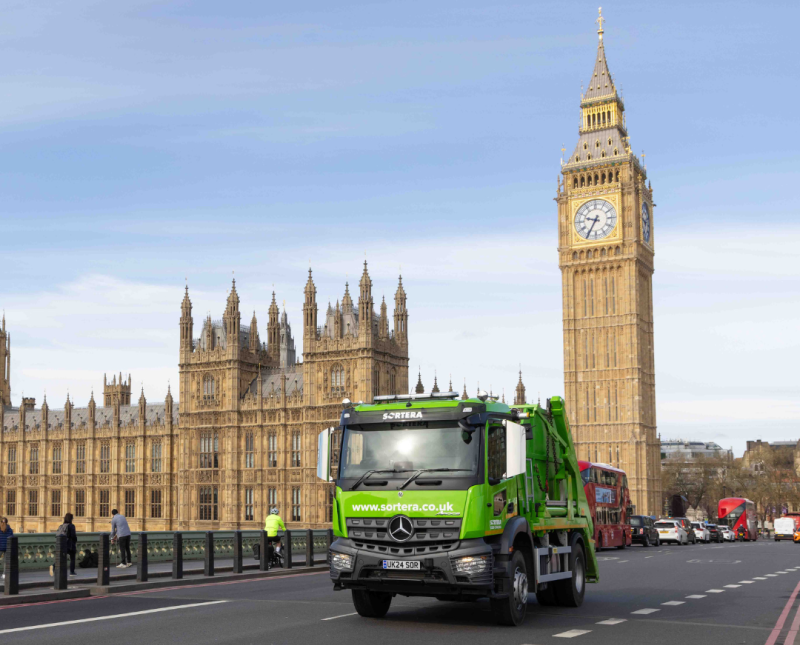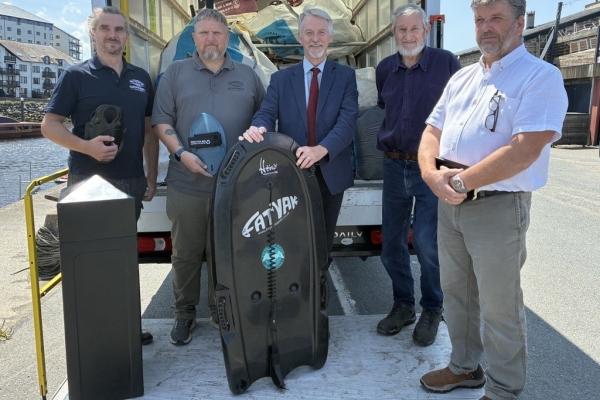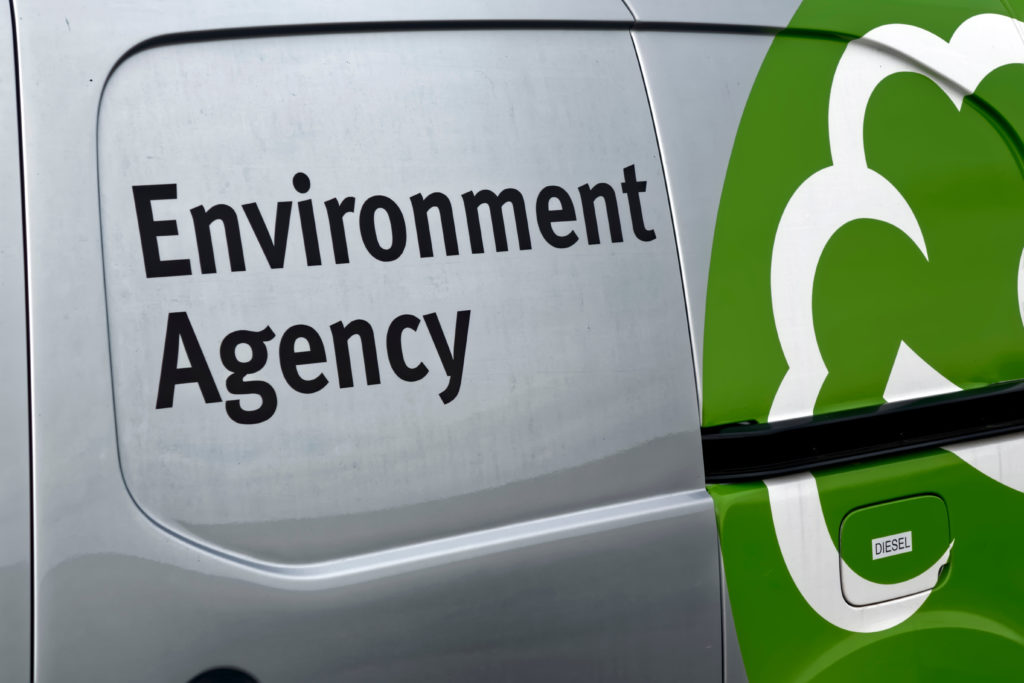The article, published in the Lancet of January 26 2002 suggests babies born within 3km of landfill sites taking hazardous waste are 40% more likely to be born with chromosomal anomalies, such as Down’s Syndrome. The study looked at 23 sites in Europe, including Essex and Glasgow in the UK, and was carried out by Dr Martine Vrijheid at the London School of Hygiene and Tropical Medicine.
The Department of Health said that research is being carried out in the UK over the subject while Friends of the Earth issued a strongly worded press release saying the Lancet report added to its fears over landfill following case studies published last year.
The waste management industry’s views were presented by the Environmental Services Asssociation which said that the article relies on an obsolete, superseded and widely criticised benchmark and is “irrelevant to modern regulated landfills in the UK which are the most strictly regulated in the world.”
Causality
Like every other piece of research of which we are aware it does not demonstrate causality and it expressly admits that there is no proof that living near hazardous waste landfills is bad for health,” commented Dirk Hazell, ESA's chief executive.
Mr Hazell said that the ESA had offered the authors of the article the opportunity to “improve the scientific basis of any work they undertook,” but that even though the authors had said they would contact the association, they had not done so. “Instead, we are yet again confronted with sensational, unproven assertion which is short on relevant substance but is likely to unsettle people who live near hazardous waste landfill sites,” he continued.
Hazardous waste
The ESA and Friends of the Earth share some common ground on hazardous materials sent to landfill. Mike Childs, senior waste campaigner at FoE, said: “The Government must now take action . They must reduce the amount of toxic waste going to landfill by increasing the landfill tax and setting a higher rate for hazardous waste.”
The ESA has reiterated its view that the government ought to require higher standards for the disposal of hazardous waste in landfill. Mr Hazell explained: “For unrelated reasons (arising from requirements of the Landfill Directive and with a view to achieving environmental sustainability) ESA has for some time been pressing the Government to require hazardous waste to be pre-treated to Final Storage Quality before final management in landfill.” But, Mr Hazell was critical of FoE for not supporting the ESA’s argument over hazardous waste.
And, he concluded: “ESA and our Members are serious about wanting to achieve greater resource productivity and environmental sustainability in the UK. We warmly welcomed the Government's announcement of a Performance and Innovation Unit study into the Waste Strategy and our Members want to work in partnership to achieve the best result for the UK. We want to see a dramatic improvement in the quality of debate across the UK about options for management of waste generated by society. If we are to achieve the best possible solutions, scientists, NGOs, and all others who have a legitimate contribution to make to this debate, must focus on substance, not sensationalism.”







Subscribe for free